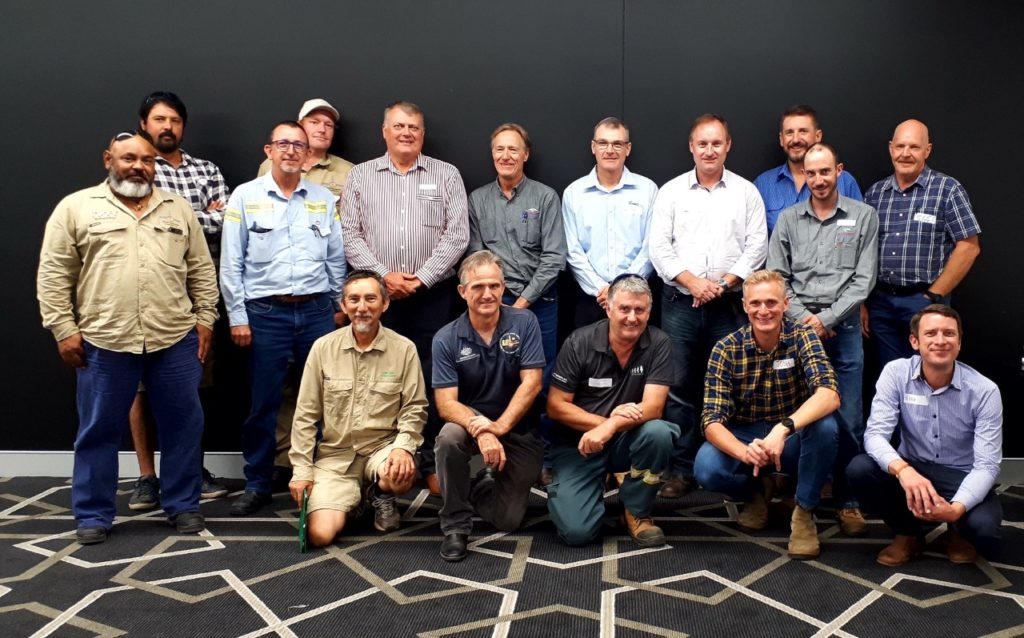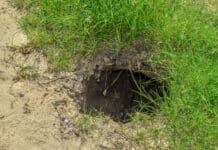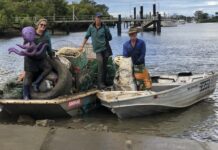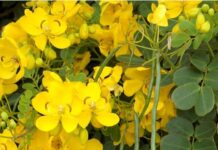
A local Biosecurity Working Group has been established in the Bundaberg Region to provide assistance in the process of identifying and controlling invasive plant and animal species.
Bundaberg Regional Council’s Environmental spokesperson Cr Wayne Honor said the management of invasive species was a role undertaken by Council’s Natural Resource Management Unit and a working group would provide many benefits to the work already being carried out.
“Council’s Natural Resource Management Unit has refined its biosecurity program in the past five years, with an increased focus on environmental weeds that have been impacting on agricultural land as well as our reserves and nature parks,” he said.
“A focus on managing invasive species that impact upon agricultural land is still a priority, however, we are seeking to refine administrative processes and increase engagement in the community to improve coordination amongst businesses and group affected.”
The Bundaberg Region Biosecurity Plan 2018-2023 provides strategies to build community awareness and capacity in invasive species management in the Bundaberg Region.
It recognises that the management of invasive plants and animals is most effective if everyone affected shares a responsibility and supports coordinated effort.
“Council is a member of the Wide Bay Burnett Regional Organisation of Councils and is actively represented on the WBBROC Invasive Species Advisory Committee,” Cr Honor said.
“This committee developed the Wide Bay Burnett Regional Biosecurity Strategy 2017-2022 which aims to coordinate regional invasive species activities across the regional through the development and strengthening of regional partnerships.”
Role of the Biosecurity Working Group
Cr Honor said the establishment of the new working group would assist in getting information out to those affected by invasive weeds more effectively.
“The aim of the working group is to ensure there is more collaboration between local and State Government, the agricultural sector and the community,” he said.
“This will be focused on in the development of local activities that focus on minimising new invasive species entering our region and ensuring that those already present are more effectively managed.”
Cr Honor said the first action for the Biosecurity Working Group would be developing community biosecurity grant applications for projects to deliver a range of activities including workshop facilitation, delivery of industry biosecurity awareness programs and on-ground activities on high-priority regional and local invasive species.
The grants are administered by the WBBROC Invasive Species Advisory Committee with funding provided through the Queensland Governments Better Partnership Funding Program.
- other news: Water weeds removed from Baldwin Swamp








I would like to see the end of cane toads.
Comments are closed.